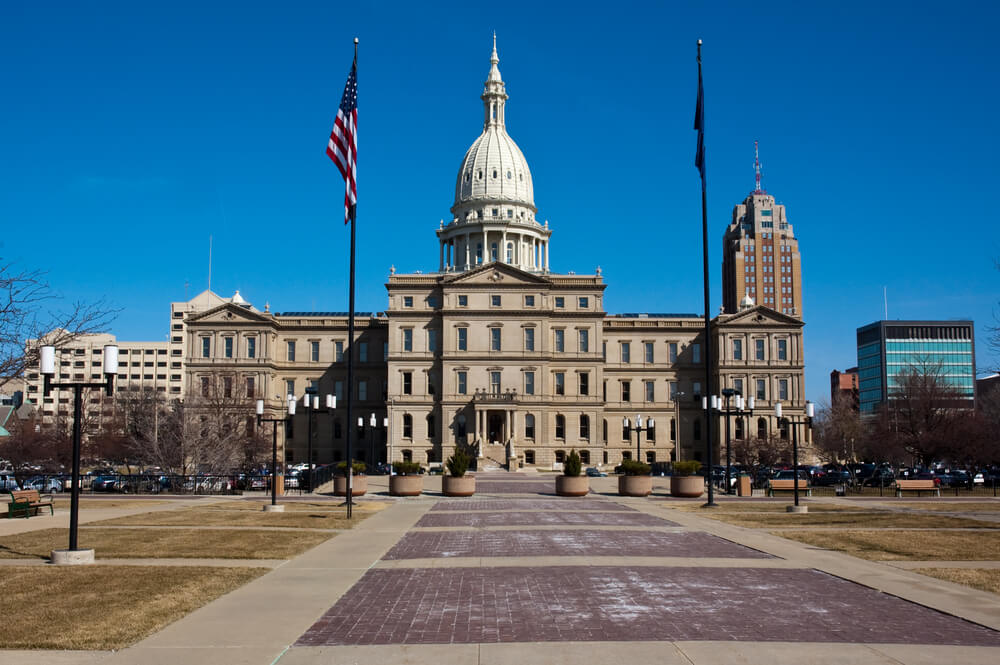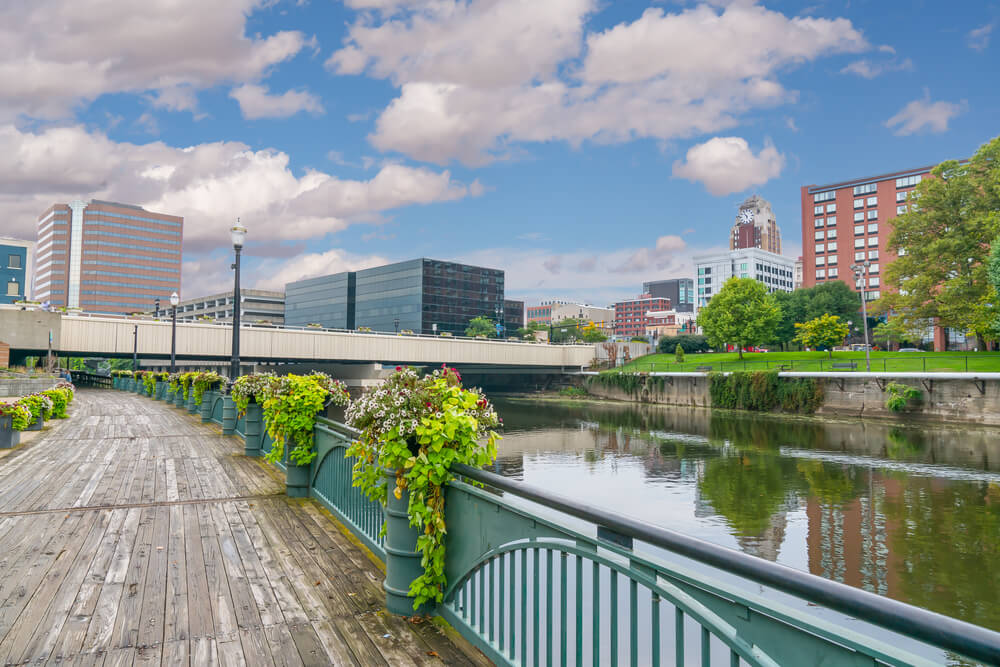Exploring Lansing, Michigan: A Vibrant City with Rich History
Lansing, the capital city of Michigan, holds a unique position both geographically and historically. This essay delves into the multifaceted aspects of Lansing, discussing its historical roots, diverse neighborhoods, notable attractions, and statistical data, offering a comprehensive view of this vibrant city.
The History of Lansing
Lansing’s story begins in the early 19th century. Originally, it was a small settlement that underwent several transformations before becoming the state capital in 1847. Key historical points include:
- 1835-1847: Lansing’s early development and designation as the state capital.
- Industrial Growth: The 20th century saw Lansing’s evolution into an industrial hub, particularly in the automotive sector.
- Modern Era: Recent decades have seen Lansing diversify economically and culturally, becoming a center for education, government, and healthcare.
Lansing’s Neighborhoods
Lansing’s diverse neighborhoods each possess unique characteristics and histories. Below is a table highlighting some notable neighborhoods:
| Neighborhood | Notable Features |
|---|---|
| Old Town | Historic buildings, art galleries, and boutiques. |
| Eastside | Diverse community, local eateries, and parks. |
| Westside | Residential area with a mix of historic and modern homes. |
| REO Town | Industrial heritage, vibrant arts scene. |
| Downtown | Heart of the city, state capitol, and businesses. |
| Southside | Family-friendly, diverse, and community-oriented. |
Notable Attractions in Lansing
Lansing offers a variety of attractions that cater to all ages and interests:
- Michigan State Capitol: A stunning example of Victorian architecture.
- Impression 5 Science Center: Interactive science museum for children.
- R.E. Olds Transportation Museum: Celebrating Lansing’s automotive history.
- Potter Park Zoo: A 102-acre zoo with over 160 species of animals.
Statistical Data
Lansing, as of the latest census, showcases diverse demographics and economic data:
- Population: Approximately 118,000 residents.
- Economy: Mix of government, education, healthcare, and manufacturing sectors.
- Education: Home to Michigan State University, contributing significantly to the education sector.
Conclusion
Lansing, Michigan, is a city that beautifully blends its rich history with modern vibrancy. From its diverse neighborhoods to its educational and cultural institutions, Lansing offers a unique experience for residents and visitors alike. Whether you’re exploring its historical sites, enjoying its parks and museums, or participating in its vibrant community events, Lansing is a city that continually evolves while maintaining its unique character.

